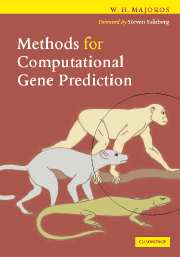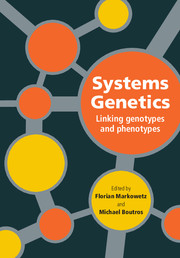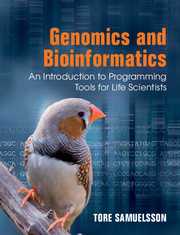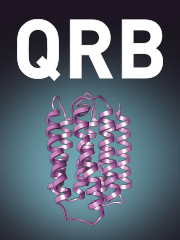
Methods for Computational Gene Prediction
$51.99 ( ) USD
- Author: William H. Majoros, Duke University, North Carolina
- Date Published: No date available
- availability: This ISBN is for an eBook version which is distributed on our behalf by a third party.
- format: Adobe eBook Reader
- isbn: 9781107710832
Find out more about Cambridge eBooks
$
51.99 USD
( )
Adobe eBook Reader
Other available formats:
Paperback, Hardback
Looking for an examination copy?
If you are interested in the title for your course we can consider offering an examination copy. To register your interest please contact [email protected] providing details of the course you are teaching.
-
Inferring the precise locations and splicing patterns of genes in DNA is a difficult but important task, with broad applications to biomedicine. The mathematical and statistical techniques that have been applied to this problem are surveyed and organized into a logical framework based on the theory of parsing. Both established approaches and methods at the forefront of current research are discussed. Numerous case studies of existing software systems are provided, in addition to detailed examples that work through the actual implementation of effective gene-predictors using hidden Markov models and other machine-learning techniques. Background material on probability theory, discrete mathematics, computer science, and molecular biology is provided, making the book accessible to students and researchers from across the life and computational sciences. This book is ideal for use in a first course in bioinformatics at graduate or advanced undergraduate level, and for anyone wanting to keep pace with this rapidly-advancing field.
Read more- A self-contained text with all necessary background information provided to understand the material for students lacking expertise in statistics, computational science or molecular biology
- Highly detailed, including both theory and practical advice to enable teachers to implement their own gene-finding software
- Contains case studies of the most recent systems and published research to provide a timely picture of the current state-of-the art techniques in this rapidly-advancing field
Reviews & endorsements
"... groundbreaking book..."
Books-On-LineCustomer reviews
Not yet reviewed
Be the first to review
Review was not posted due to profanity
×Product details
- format: Adobe eBook Reader
- isbn: 9781107710832
- contains: 139 b/w illus. 30 tables 263 exercises
- availability: This ISBN is for an eBook version which is distributed on our behalf by a third party.
Table of Contents
Foreword Steven Salzberg
1. Introduction
2. Mathematical preliminaries
3. Overview of gene prediction
4. Gene finder evaluation
5. A toy Exon finder
6. Hidden Markov models
7. Signal and content sensors
8. Generalized hidden Markov models
9. Comparative gene finding
10. Machine Learning methods
11. Tips and tricks
12. Advanced topics
Appendix - online resources
References
Index.-
General Resources
Find resources associated with this title
Type Name Unlocked * Format Size Showing of
This title is supported by one or more locked resources. Access to locked resources is granted exclusively by Cambridge University Press to instructors whose faculty status has been verified. To gain access to locked resources, instructors should sign in to or register for a Cambridge user account.
Please use locked resources responsibly and exercise your professional discretion when choosing how you share these materials with your students. Other instructors may wish to use locked resources for assessment purposes and their usefulness is undermined when the source files (for example, solution manuals or test banks) are shared online or via social networks.
Supplementary resources are subject to copyright. Instructors are permitted to view, print or download these resources for use in their teaching, but may not change them or use them for commercial gain.
If you are having problems accessing these resources please contact [email protected].
Instructors have used or reviewed this title for the following courses
- Algorithms for Bioinformatics
Sorry, this resource is locked
Please register or sign in to request access. If you are having problems accessing these resources please email [email protected]
Register Sign in» Proceed
You are now leaving the Cambridge University Press website. Your eBook purchase and download will be completed by our partner www.ebooks.com. Please see the permission section of the www.ebooks.com catalogue page for details of the print & copy limits on our eBooks.
Continue ×Are you sure you want to delete your account?
This cannot be undone.
Thank you for your feedback which will help us improve our service.
If you requested a response, we will make sure to get back to you shortly.
×


